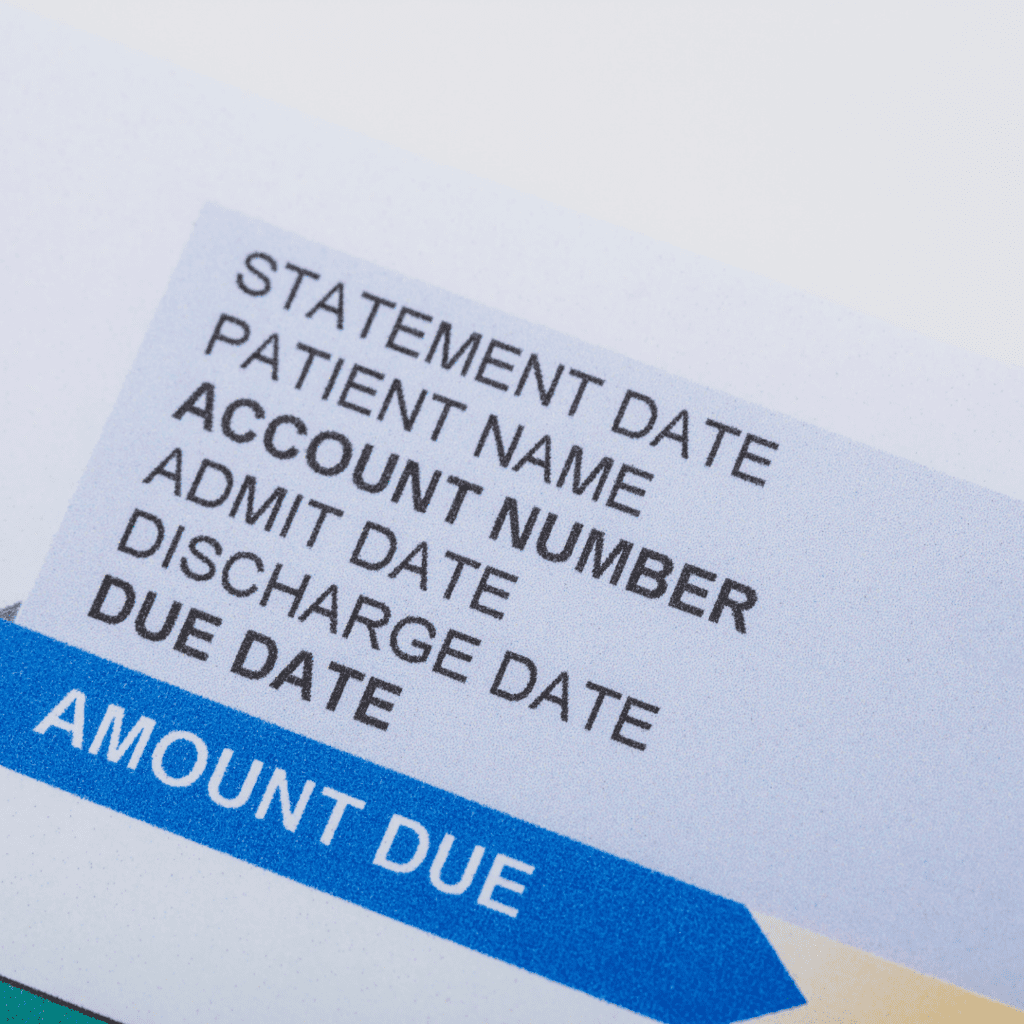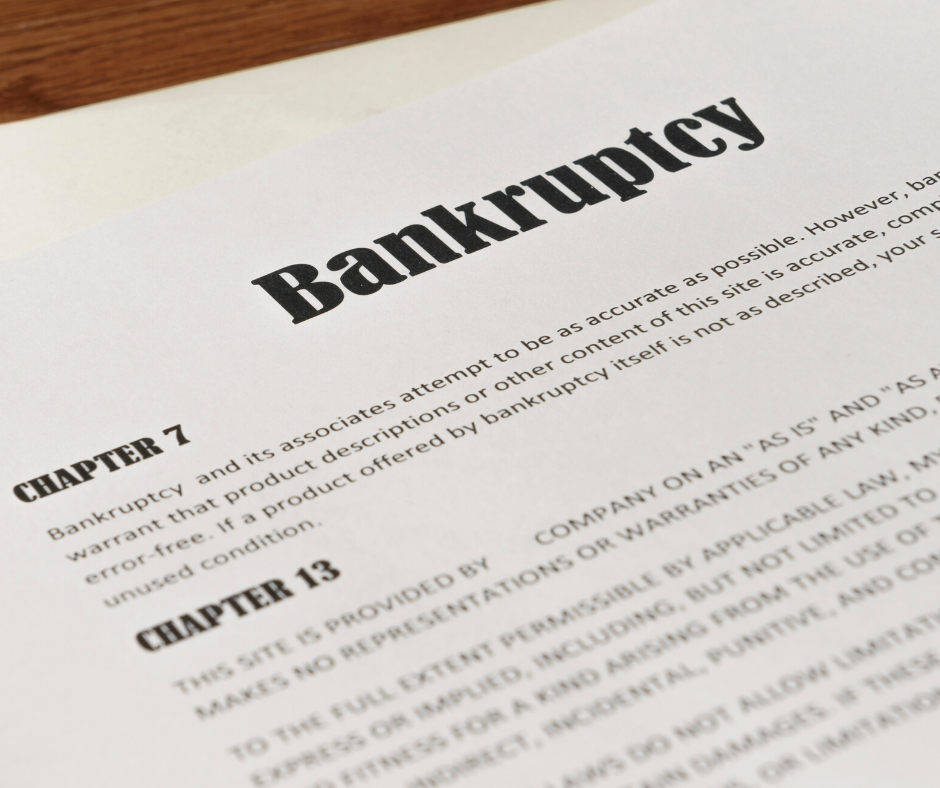Financial distress can drive people to seek bankruptcy protection. Bankrupt debtors can relax when the automatic stay takes effect after they file for bankruptcy. The declaration of bankruptcy is often considered the last resort, but it’s a solution for getting out of debt.
For assistance on how to file bankruptcy correctly, it’s best to engage the services of a bankruptcy lawyer. There are so many things to consider to ensure that you optimize the benefits that filing bankruptcy offers. To begin with, you need to know which bankruptcy chapter to file under. The bankruptcy code presents different types of bankruptcy. If you want to file a personal bankruptcy petition, your filing chapter choices are likely 7 (liquidation) and 13 (reorganization).
Liquidation and Reorganization
A liquidation bankruptcy filing leads to a quicker debt settlement process. That said, filers also have to consider the benefits of reorganization. For starters, there is the super discharge available in Chapter 13. Debt reorganization also allows you to hold on to your property. However, you must realize the proposed actions of your debt repayment plan.
Chapter 13 bankruptcies require the creation and proposal of a repayment plan. It needs approval from the bankruptcy court. It’s possible for other parties, such as a creditor or the trustee of the bankruptcy case to raise an objection. When this happens, the bankruptcy judge will address the matter in a confirmation hearing.
In a bankruptcy, the usual points of objection are the proposed payment plan, the expenses claimed by the debtor, the right to discharge certain debts, and the bankruptcy exemptions being claimed. A creditor may also object to the trustee’s decision not to liquidate a certain asset to pay back a debt. Meanwhile, the bankruptcy trustee usually objects when the plan to pay back debts is not adequate under bankruptcy laws. Or when the filer’s monthly income isn’t sufficient to make the assigned monthly payments.
When there are no objections, the judge may simply review the confirmation order submitted by the filer. There are undisputed bankruptcy filings, however, wherein the judge still conducts a hearing for the purpose of discussing the planned debt payments with the filer.
In these bankruptcies without objections, the judges simply review the filers’ submitted confirmation orders. In other undisputed bankruptcy cases, judges may still conduct a hearing in order to discuss the payment plan with the debtors.
Discharge Objection
- General – If a creditor or the trustee objects to a general bankruptcy discharge, the objecting party has to file an adversary proceeding within 60 days of the first scheduled meeting of creditors date. A rare occurrence, it must be supported by proof of the filer’s egregious wrongful conduct, such as fraud and other criminal or quasi-criminal deeds.
- Specific – It is more common for a discharge objection to be focused on a particular debt. It may be caused by serious allegations of grave misconduct and intentional wrongdoing or less serious offenses such as the omission of the debt in the submitted bankruptcy documents. It typically results in the debt being excluded from the filer’s list of dischargeable debts.
Confirmation Hearing
In the confirmation hearing, the judge lets the different parties present their sides. Filers represented by bankruptcy lawyers usually don’t need to be present, but there are instances when judges insist on attendance so they can directly ask questions. It’s even possible for a judge to conduct a hearing even when there’s no objection. This usually happens when there’s uncertainty in the debtor’s ability to make payments as proposed in the plan.
Judges often prefer to have the debtor and the objecting party to resolve the dispute themselves. Failure to arrive at an agreement will lead to the judge deciding based on the presented evidence.
Need Help Filing for Bankruptcy? Contact a New Jersey Bankruptcy Attorney Today!
Legal advice in filing bankruptcy is invaluable. From identifying your bankruptcy options and filling out bankruptcy forms to going through actual bankruptcy proceedings until getting your discharge, the bankruptcy process can be both tedious and confusing. It’s good to have legal aid from the time before filing up to the time after bankruptcy. Bankruptcy attorneys can give you the peace of mind that you’re taking the right steps and making smart choices toward debt relief.
If you want to minimize the possibility of facing objections when you declare bankruptcy, consult an attorney specializing in bankruptcy law. Call us at Lucid Law to speak with an experienced New Jersey bankruptcy attorney now.



